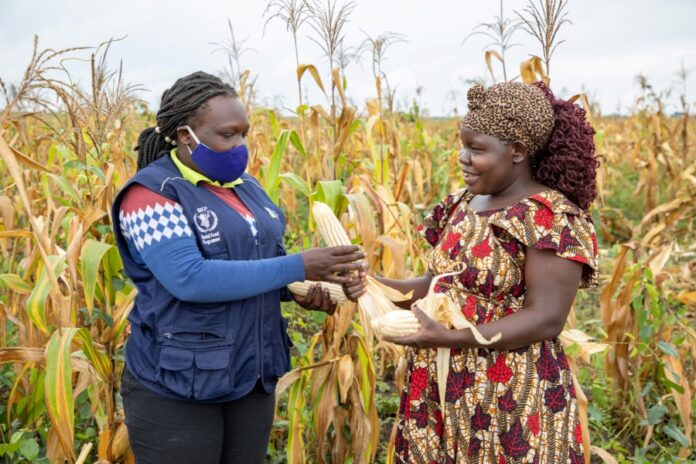In a recent Strategic Dialogue on Agricultural Technologies in Africa held in Kigali, Rwanda, leading experts from across the continent have underscored the necessity of depoliticizing biotechnology research to maximize its potential benefits for economic transformation and sustainable development. This meeting brought together professionals from Kenya, Tanzania, Burkina Faso, Nigeria, Ghana, Malawi, Rwanda, Mozambique, and Ethiopia, highlighting the urgent need for a unified approach to scientific advancement in Africa.
The dialogue, organized by the African Agricultural Technology Foundation (AATF) in collaboration with the Rwanda Agriculture Board, focused on overcoming the challenges hindering the development and application of science, technology, and innovation (STI) in African agriculture. The key message from the experts was clear: for biotechnology to be effectively utilized in Africa’s agricultural systems, it must be treated as a national priority, free from political interference.
The Current State of STI in Africa
Despite the adoption of the African Union’s Agenda 2030 and the STI Strategy for Africa 2024 (STISA 2024), progress remains slow in integrating these strategies into national policies. The experts highlighted that many African countries lack comprehensive STI policies, and where they do exist, political commitment and support are often insufficient. This gap in political will and resource allocation has impeded the continent’s ability to leverage biotechnology for solving pressing agricultural issues.
Lessons from Global Success Stories
The experts pointed to successful biotechnology utilization in countries like the United States, Brazil, Argentina, China, and South Africa. These nations have integrated biotechnology into their national development agendas, demonstrating how such integration can drive significant advancements. Africa is urged to adopt a similar approach, prioritizing biotechnology research and development as a non-partisan national agenda to harness its benefits effectively.
Investment and Infrastructure
A key recommendation from the dialogue was to increase investment in biotechnology research and development. This includes enhancing budget allocations for research, in line with Agenda 2063’s call for allocating 2% of GDP to research. By doing so, African governments can empower local scientists to address challenges faced by smallholder farmers and other stakeholders.
Furthermore, the experts emphasized the need for stronger linkages between research institutions and industries to promote biotechnology commercialization. Developing a framework that goes beyond traditional public-private partnerships and fosters reinvestment into the technology ecosystem is crucial. Encouraging youth involvement in science and innovation was also identified as a priority for sustaining future advancements.
The Role of Politicization
While politicization of research is generally seen as a hindrance, some experts argue that it can also serve as an advocacy tool if used strategically. Dr. Bessy Kathambi from the University of Nairobi noted that politicization could potentially drive up funding and support for research if it focuses on creating evidence-based solutions. However, she also acknowledged that excessive politicization often leads to mistrust between researchers and policymakers, resulting in the stagnation of crucial innovations.
Enhancing Public Engagement
Dr. Florence Uwamahoro, deputy director general of the Rwanda Agriculture and Animal Resources Development Board, emphasized the importance of public engagement in biotechnology research. She highlighted Rwanda’s commitment to developing human and infrastructural capacity for biotechnology adoption and endorsed public awareness efforts like AATF’s Open Forum on Agricultural Biotechnology in Africa.
Conclusion
In summary, the dialogue in Kigali reinforced the need for Africa to depoliticize biotechnology research to fully exploit its potential for economic and agricultural advancement. By fostering a supportive political environment, increasing investment, and building robust research-industry linkages, Africa can address its agricultural challenges and contribute to sustainable development on the continent.
















 The African Research (AR) Index is a comprehensive scholarly directory and database focused explicitly on journal publishers that publish and disseminate African research.
The African Research (AR) Index is a comprehensive scholarly directory and database focused explicitly on journal publishers that publish and disseminate African research.

